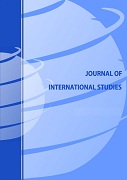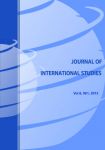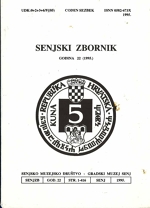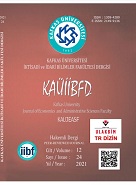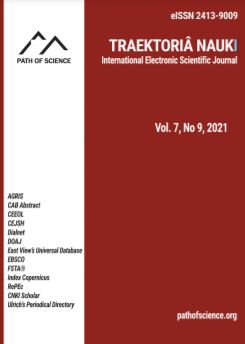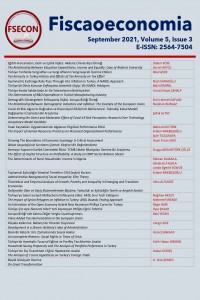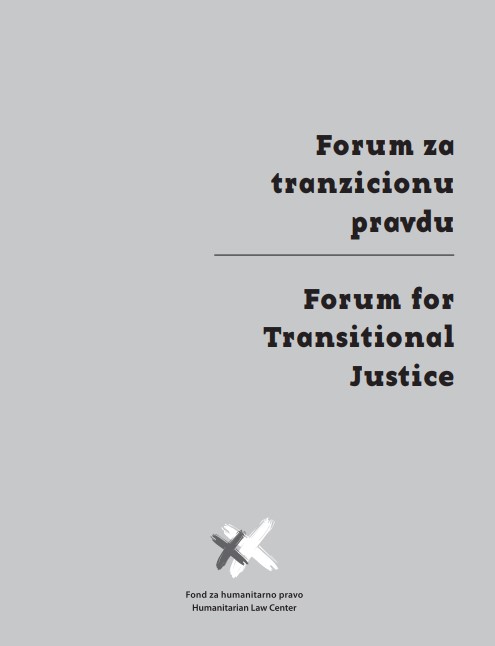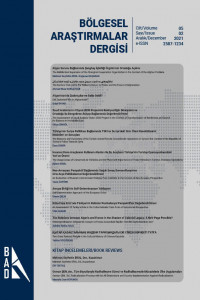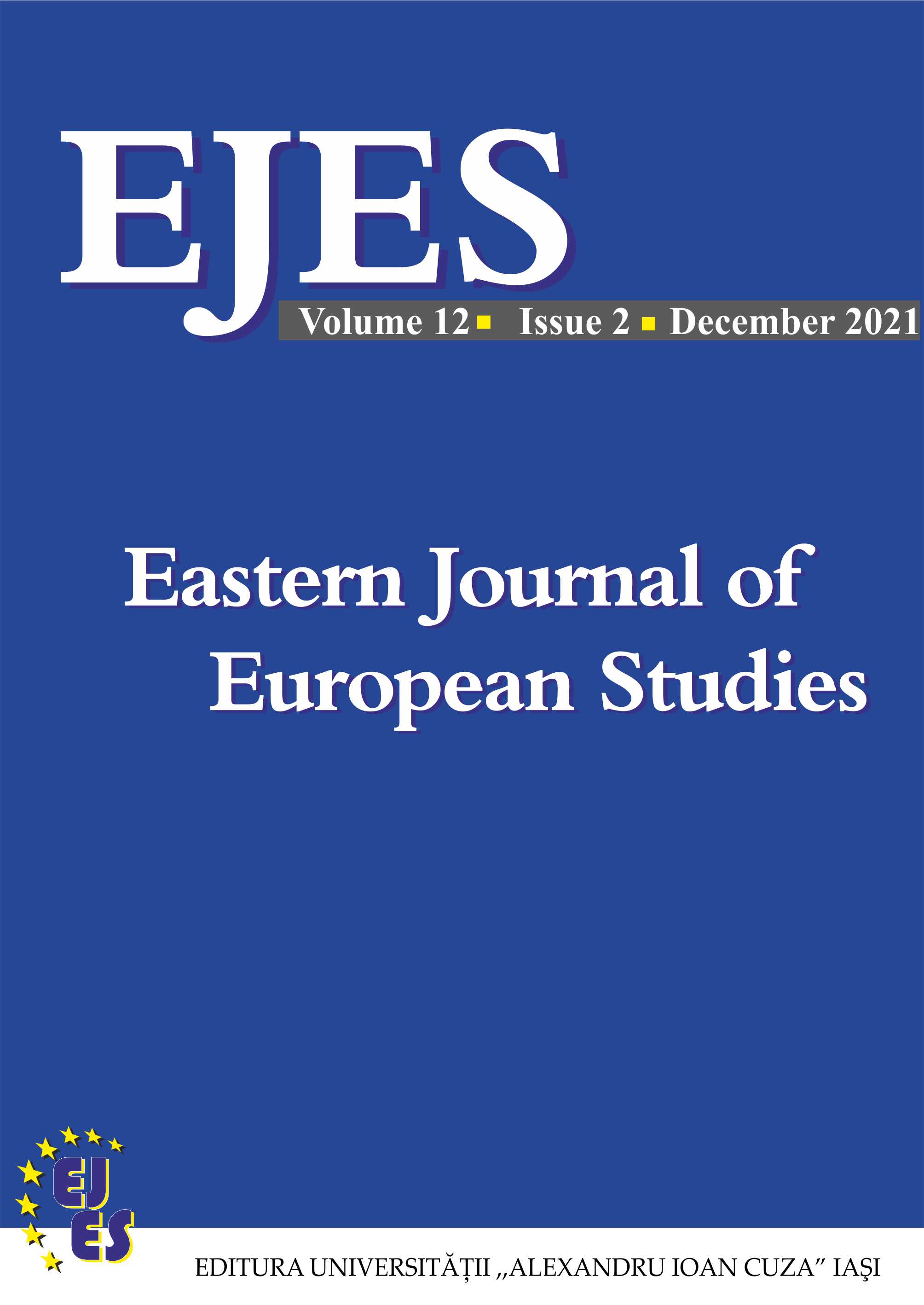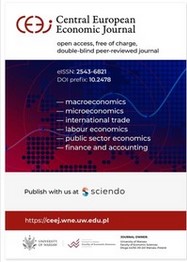
Tax revenue and economic growth in developing country: an autoregressive distribution lags approach
Tanzania, like most other developing countries, faces numerous economic challenges in striving to achieve sustainable economic growth and development through taxation. In the literature, the debate on how effective taxes are as a tool for promoting economic growth and economic development remains inconclusive, as various research have reported mixed effects of tax on economic growth. This article investigates the effect of taxation on economic growth in Tanzania using the recently developed technique of autoregressive distributed lag model (ARDL) bounds testing procedure for the period from 1996 to 2019. Various preliminary tests were conducted including stationary tests as well as the pairwise Granger causality test. According to the results obtained, domestic goods and services (TGS) taxes are positively related to GDP growth and are statistically significant at 1% level. Income taxes, on the other hand, were found to be negatively related to GDP growth and to be statistically significant at 5% level. The pair-wise Granger causality results indicated that there is bidirectional Granger causality between TGS and GDP growth at 1 % significance level. The government should aim at growing, nurturing and sustaining tax base to positively drive economic growth even further.
More...
